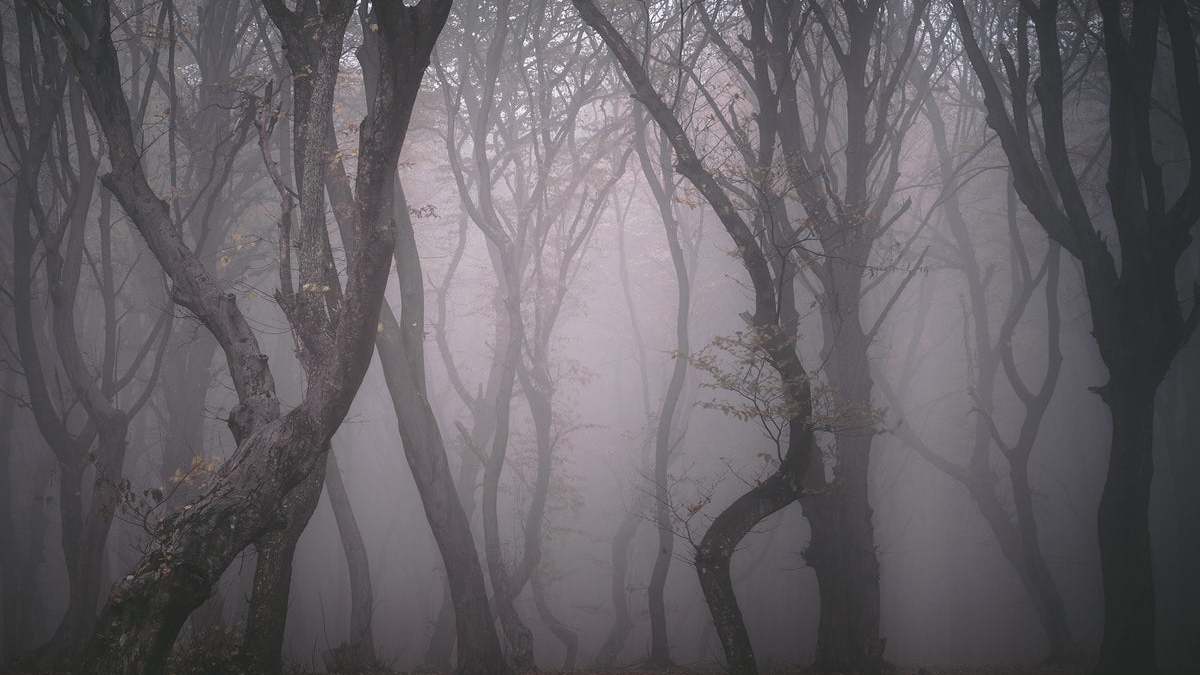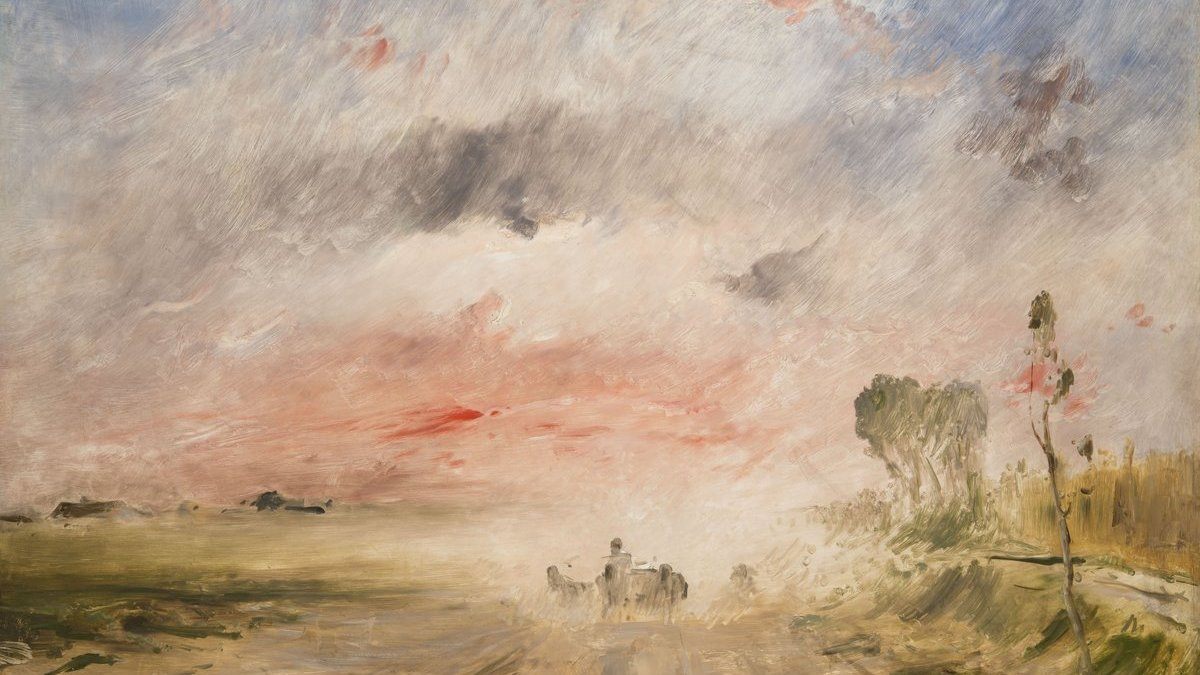Hovhaness’ “Fra Angelico,” Fantasy for Orchestra: Angelic Intelligences
The American composer Alan Hovhaness (1911-2000) was one of the twentieth century’s greatest musical mavericks. As a student at Tanglewood in the 1940s, Hovhaness’ music was ridiculed by the establishment so severely that he withdrew from the school and abandoning his scholarship. Famously, over the course of two weeks in the 1930s, he burned some 1,000 scores that he considered to be mediocre. Following this purge, an authentic new voice emerged. A …







